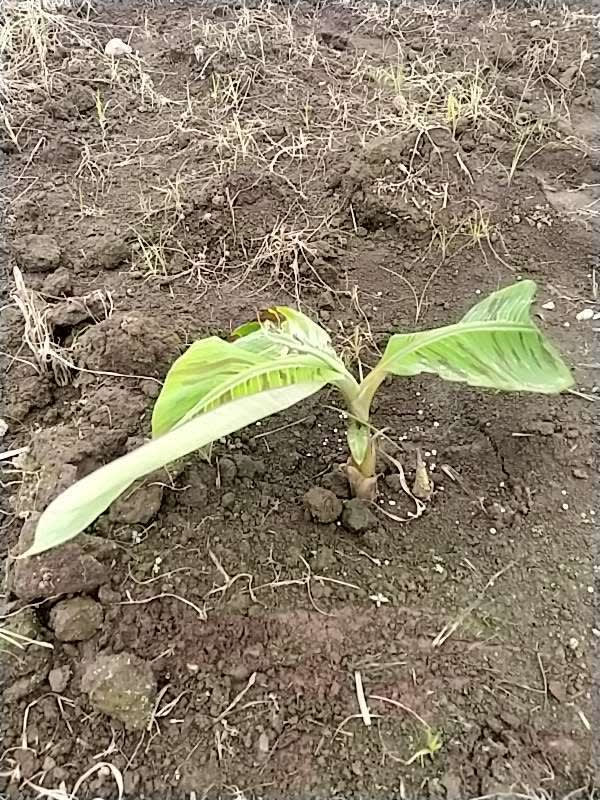ID: ZM8-N9DG
ID: ZM8-N9DG
inesesteban
Musa x paradisiaca
Photo
Ecuador
04:50 - 23°C
My connections
My ID card
Who am I?
Date of birth
12/27/2022
Also known as
inesesteban
Name
Banana
Tree
Banana
Where am I located?
Country
Ecuador
Place of birth
Quinsaloma
Coordinates
1° 16′ 30.87″ S
79° 22′ 11.24″ W
/-79.36978803,-1.27524147,0/500x333@2x?access_token=pk.eyJ1IjoidG9tbWFzb3NwZXJvbmkiLCJhIjoiY2tnOTE3eW12MDJqazMybXNzOWV1YjloOSJ9.wtGsuDU7XIKjcv2cq8CiXw&logo=false&attribution=false)
My Timeline
The important moments in your tree's life.
Seed
It all starts with a tiny seed, nice and warm in the soil.
Nursery
Your seedling is big enough to be welcomed into one of our nurseries, along with many others.
Planted
We’re here! Your tree has reached its new home: it’s been planted by a smallholder, who’ll take care of it for years to come.
Photo
Strike a pose! Now that it’s big enough, here’s a photo of your tree!
My Gallery
Nursery

Planted
/-79.36978803,-1.27524147,0/500x333@2x?access_token=pk.eyJ1IjoidG9tbWFzb3NwZXJvbmkiLCJhIjoiY2tnOTE3eW12MDJqazMybXNzOWV1YjloOSJ9.wtGsuDU7XIKjcv2cq8CiXw&logo=false&attribution=false)
79° 22′ 11.24″ W
Photo

Curiosity about me
The important moments in your tree's life.
Let's start with introductions
The banana is a giant herbaceous plant of the Musaceae family that can grow up to 6-7 meters tall. Originally from Asia, it’s primarily cultivated in Central America, tropical Africa, and the Philippines. It bears fruit only in tropical climates and requires protection from the wind. Planted for alimentary use and for the commerce of its fruit.
Meaning
Fantasies
Considered a paradisiacal muse by the ancients, the banana has always been the most naughty of inspirations.

How much CO2 I’ll absorb
My estimated CO2 absorption capacity is based on the first 10 years of my life*
Current absorption
- 2 kg
2022
0 kg
2032
-10 kg
* The tree will continue to absorb CO2 even after the tenth year. Therefore this is a prudent estimate.
How I am useful to local communities

Consumption and sales
Its fruits, seeds and/or leaves are used as food in the farmers' families or are sold on local markets.
My benefits
100%
Food Security
The trees will bear fruits, some that will be edible immediately and others that can become edible through processing, ensuring food resources over time.
80%
Economic development
The trees' fruits and the products derived from their transformation can be traded in local networks, offering income opportunities.
10%
CO₂ Absorption
During its life cycle, each tree will absorb CO₂. The trees you plant can offset your emissions.
10%
Environmental protection
The trees are planted in agroforestry systems that favor the virtuous interaction between the different species and their positive impact on the environment and on the land.